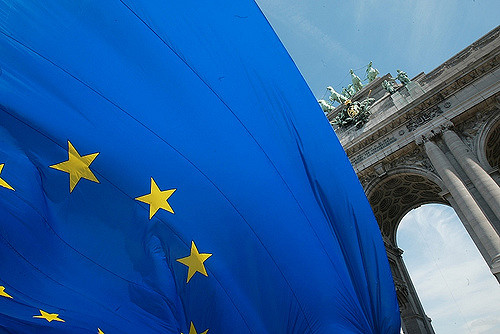
The European Union (EU) has recently revived plans for corporate tax harmonization. Such a plan will establish a uniform corporate tax rate across all its member nations. Currently, EU member nations set their own corporate tax rates, resulting in rates ranging from 10% in Bulgaria to as high as 35% in Malta. The ability for a nation to control their corporate tax rate allows for tax competition between nations. In today’s economy, capital is highly mobile. Multinational corporations can move their headquarters to low-tax jurisdictions from high-tax ones. Countries with low tax rates compared to their neighbors are at a comparative advantage in their ability to attract investment and jobs.
By harmonizing corporate tax rates across the EU, this competition, a pillar upon which the free market is built, is destroyed. Any sort of tax harmonization enacted will be toward the higher end of the tax spectrum. This will allow high-tax nations such as France to no longer lose companies and investment to lower taxed nations such as Ireland. Tax harmonization will limit the ability of people and corporations to move at will, as it reduces economic incentives through a supranational approach.
The push for higher corporate taxation in the EU comes at a time when the United States is headed in the opposite direction. President Trump has proposed slashing the United States’ 35% corporate tax rate (the highest in the developed world) to 15%. This aims to attract more investment to the U.S., as well as stop the flow of companies relocating their headquarters abroad in order to pay lower rates. The trend in recent decades has been for developed nations to cut their corporate rates in favor of lower, more pro-growth rates; a sign that tax competition works in promoting nations to lower corporate taxes in order to attract more business.
Taxes are the price a company pays for doing business. Just as two restaurants may compete over who can offer the better deal, so too should countries be able to compete using their tax codes. As Contribuables founder Alain Dumait said: “the very freedom of individuals depends on competition. Including in the tax sector.”

